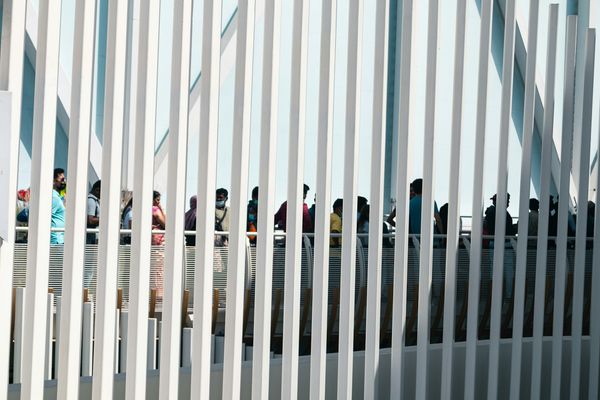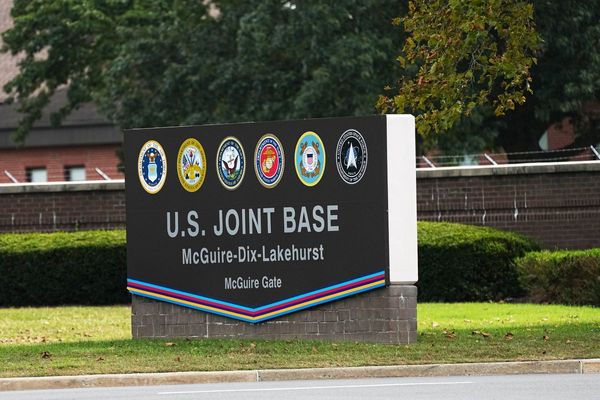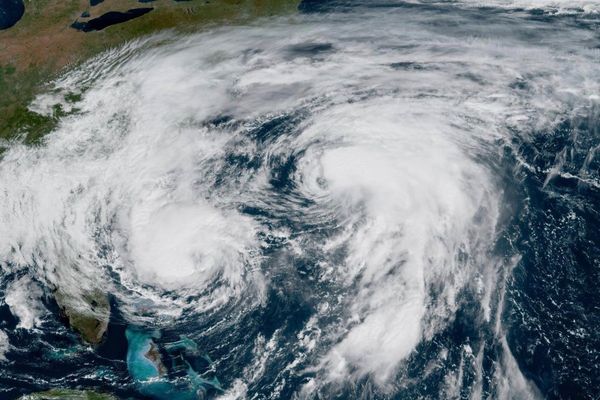
In a momentous court proceeding, the appeals court heard arguments on Thursday regarding former President Donald Trump's claim of immunity. The three-judge appellate panel delved into the question of whether Trump can be held criminally responsible for actions taken during his time in office to overturn the 2020 election results.
Trump's legal team began the hearing by asserting that prosecuting a former president would set a dangerous precedent, opening a Pandora's box of potential prosecutions. They argued that Trump was acting within his official capacity when the alleged actions, mentioned in the indictment by Special Counsel Jack Smith, took place.
However, the special counsel's office countered this argument, emphasizing that the current case was not indicative of future vindictive or retaliatory prosecutions. They stressed that the unprecedented nature of the charges was a reflection of the specific circumstances surrounding Trump's actions.
The former president attended the courtroom proceedings, capturing the attention of all present. Upon entering the room, Trump appeared subdued and took his seat alongside his lawyer, John Sauer. Notably, he was accompanied by Borsche Epstein and Walt Notta, which is atypical for such cases.
Throughout the hearing, Trump displayed a heightened level of engagement. He leaned forward, took notes, and passed them on to his attorney. When the judges posed questions or made certain points, Trump demonstrated strong agreement through nods and other physical gestures.
One notable moment occurred when Trump vehemently took notes during questioning regarding impeachment requirements. He also exchanged conversations with his attorneys during significant discussions, such as when Judge Henderson raised concerns about the contradiction between Trump's oath of office and potential immunity from prosecution.
The courtroom atmosphere was electric, with all eyes on the former president. The government attorney, James Pierce, received scrutiny not only from Trump but also from his parents, who attended the hearing. The presence of Trump's parents highlighted the significance of the proceedings.
As the judges concluded the session and left the room, Trump exited deliberately. Overall, the courtroom confrontation held constitutional implications not only for Trump but also for future presidents. The intense focus on Trump's reactions throughout the hearing underscored the significance of this legal battle determining his fate.
The arguments presented by both sides have raised vital questions about accountability and the scope of presidential immunity. While Trump's team asserted that prosecution could lead to a floodgate of similar cases, the government emphasized the unique nature of the charges and the need to address potential wrongdoing.
The appeals court will now deliberate on the issues at hand, and its ruling will undoubtedly shape the legal landscape surrounding the criminal responsibility of former presidents.







